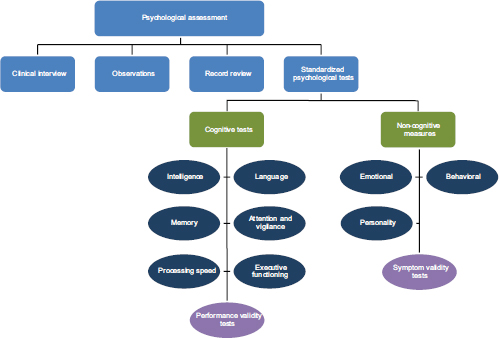Psychometrics is the science that deals with the assessment of the attributes of an instrument in relation to the type of information, accuracy and validity of the data (Furr & Bacharach, 2013) 1.

Using a meaning-based approach that emphasizes the 'why' over the 'how to,' Psychometrics: An Introduction provides thorough coverage of fundamental issues in psychological measurement. Michael Furr discusses traditional psychometric perspectives and issues including reliability, validity, dimensionality, test bias, and response bias. Using a meaning-based approach that emphasizes the 'why' over the 'how to,' Psychometrics: An Introduction provides thorough coverage of fundamental issues in psychological measurement. Michael Furr discusses traditional psychometric perspectives and issues including reliability, validity, dimensionality, test bias, and response bias. Psychometrics An Introduction Furr Pdf Reader Kutwist Introduction to psychometric theory with applications in r. Springer available on line and linked throughout the syllabus. 2.loehlin (2004) useful reading on sem (suggested to read) 3.nunnally & bernstein (1994) an old classic but dreadfully out of date. DOWNLOAD Psychometrics An Introduction PDF Online. Psychometrics SAGE Publications Inc Using a meaning based approach that emphasizes the “why” over the “how to,” Psychometrics An Introduction provides thorough coverage of fundamental issues in psychological measurement.Author R. Michael Furr discusses traditional psychometric.




Psychometrics An Introduction Furr Pdf Free
The authors center their presentation of material around a conceptual understanding of psychometric issues, such as validity and reliability, and on purpose rather than procedure, the 'why' rather than the 'how to.' Their goal is to introduce psychometric principles at a level that is deeper and more focused than found in introductory undergraduate testing and measurement texts and more intuitive than traditionally found in technical publications intended for graduate courses. By emphasizing concepts over mathematical proofs and by focusing on practical significance, this book assists students in appreciating not just how measurement problems can be addressed and why it is important to address them. The book: (1) Presents information in a clear, conversational style; (2) Highlights practical applications; (3) Offers a contemporary treatment of topics in psychometrics; and (4) Introduces statistical procedures in the context of their use. The book is appropriate for advanced undergraduate and graduate courses such as Psychometrics, Testing and Measurement, Research Methods, and Experimental Methods across a range of behavioral sciences and education. Thirteen sections include: (1) Psychometrics and the Importance of Psychological Measurement; (2) Scaling; (3) Individual Differences and Correlations; (4) Test Dimensionality and Factor Analysis; (5) Reliability: Conceptual Basis; (6) Empirical Estimates of Reliability; (7) Importance of Reliability; (8) Validity: The Conceptual Basis; (9) Validity: Estimating and Evaluating Convergent and Discriminant Validity; (10) Response Biases; (11) Test Bias; (12) Generalizability Theory; and (13) Item Response Theory and Rasch Models. Most sections provide a summary and suggested readings.




